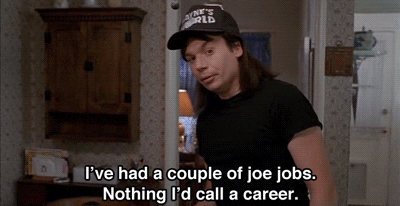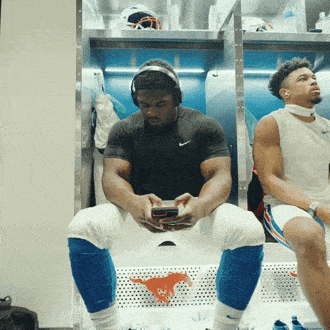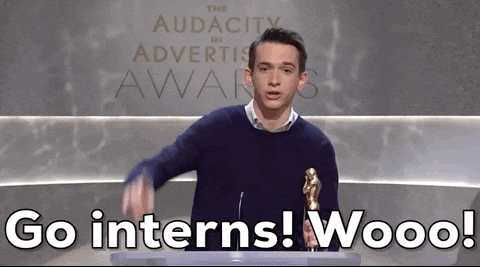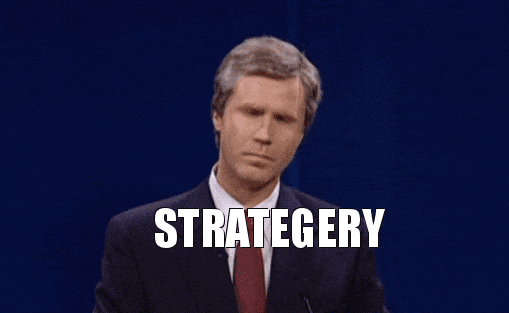- NIL Wire
- Posts
- 🏅 Interview with Don Philabaum Founder of Athlete Career Training
🏅 Interview with Don Philabaum Founder of Athlete Career Training

Hey there,
Today’s expert interview features Don Philabaum. Don is an entrepreneur with a track record of founding and leading four successful companies in the higher education market. Two of these companies are now part of the portfolios of billion-dollar venture capital funds, a testament to their innovation and lasting impact.
Currently, Don is the founder of Athlete Career Training, a firm devoted to empowering the 98 percent of student-athletes who will not be drafted into professional sports. His mission is to equip these athletes with the career and professional development skills they need to transition successfully into meaningful careers beyond the field, leveraging their unique experiences and talents.
You can get in touch with Don at 330-329-5951 or [email protected].
Now let’s get into it!
— Cole, Justin and Collin
How do you see the NIL landscape evolving to support long-term career success for student-athletes beyond their college years?
I’m connected to over 3,000 college recruiters who all are just waking up to the fact that student-athletes are essentially starting their own sports marketing businesses and in the process are learning soft skills, and hard skills and acquiring business acumen that traditional students don’t have. When they look at student-athletes now, they see a much more polished, career-ready candidate that could hit the ground running at their firms. My goal is to help connect recruiters with student-athletes earlier in their college experience so they have time to provide internships, do NIL deals with them, and offer jobs by the time they graduate. It’s a win-win-win opportunity.

What role do you believe career centers should play in helping student-athletes navigate the opportunities and challenges presented by NIL deals?
None! I’ve worked with over 1000 career centers over the past decade and every single one is understaffed, underfunded, and struggles to get students to take ownership of their careers. That’s not the staff's fault, it's the President and his/her cabinet's. Unfortunately, just like the NIL industry is expecting student-athletes to step up to the plate and learn how to run their own NIL sports marketing business, it’s going to be up to student-athletes to take ownership of their careers. We help that happen by giving sponsors, brands, and advertisers the ability to award them an Athlete Career GamePlan scholarship they can participate in 24/7. It gives the brands a way to give back to athletes who are supporting their business initiatives.

Teaming up with
How can technology, particularly AI and social media platforms, be leveraged to enhance career development opportunities for student-athletes in the NIL era?
I’m glad you asked that question. AI is going to offer scalable, customized, and very personal career support to student-athletes. The technology is frankly mind-blowing. Take this example we put together for you. Max is our NIL eCoach a student-athlete can interact with and ask questions about how to start a sports marketing business, develop their brand, find sponsors, work with vendors, build their network, and handle finances. It’s NIL information on demand when it’s needed. Try it out. Now take that same NIL eCoach concept, but in this case provides on-demand career exploration, career management, and job search advice. It’s incredibly scalable and personal.

With your experience in creating career-focused initiatives, what strategies would you recommend for integrating NIL education into existing career development programs for student-athletes?
This is a VERY important question. I think it’s critical that our industry give student-athletes Internship credit for the work they do in building their own sports marketing businesses. Think about it. Student-athletes are getting more business experience than a traditional student gets in “traditional” internships. Student-athletes are running startups and handling multiple tasks and responsibilities. I’ve conducted a lot of research in this area and created a report that advocates for this. I’m currently assembling a task force to help make this happen. If anyone is interested, check out this report that supports Internship credit for student-athletes.

As the founder of the FirstGen Collaborative, how do you think the unique challenges faced by first-generation student-athletes can be addressed in the context of NIL opportunities and career planning?
This is an area the alumni association could make a significant contribution to! Let me answer your question, with a question. Why is it that the athletic department is the only one responsible for solving the issues the NIL ecosystem is throwing at them? Every department on campus has a role in helping the athletic department create a successful NIL strategy. The alumni association in particular could be doing more to educate alumni about NIL giving opportunities, mentoring student-athletes, and doing deals with student-athletes. They could help build the relationships between first-generation alumni who were in sports with first generation student-athletes. This report. offers 150 strategies admissions, career services, student affairs, HR, and alumni relations could implement to support first-generation student-athletes.
